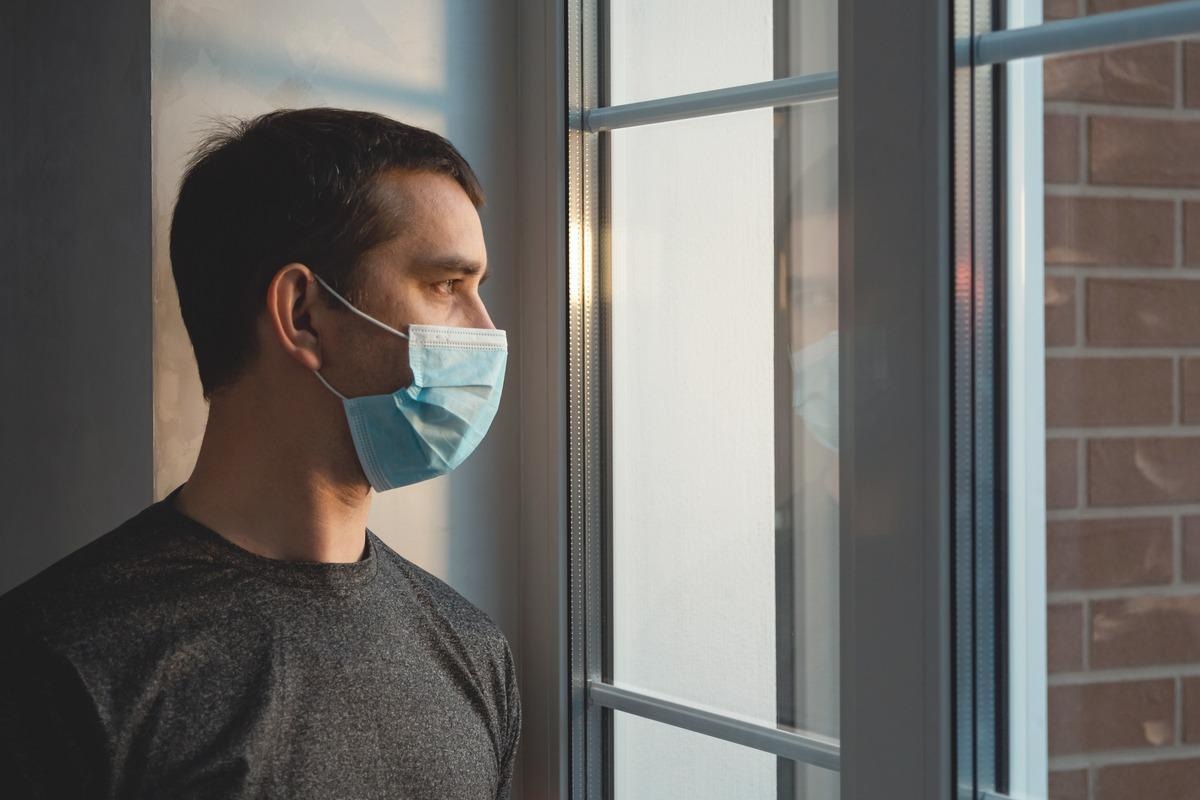Several studies have been performed worldwide on the effects of severe acute respiratory syndrome coronavirus 2 (SARS-CoV-2) on the lungs and immune system but not much is known about the effects of the virus on male fertility. The entry of SARS-CoV-2 is mediated by the presence of angiotensin-converting enzyme 2 (ACE2), transmembrane protease serine 2 (TMPRSS2), and furin. Therefore, the host cells expressing these proteins are highly susceptible to viral entry.
 Study: Implications of testicular ACE2 and the renin–angiotensin system for SARS-CoV-2 on testis function. Image Credit: DimaSid/Shutterstock
Study: Implications of testicular ACE2 and the renin–angiotensin system for SARS-CoV-2 on testis function. Image Credit: DimaSid/Shutterstock
There are currently no clear reports on the expression of these entry proteins in the testes.
A study published in the journal Nature Reviews Urology discusses the impact of coronavirus disease 2019 (COVID-19) on male fertility. The authors of this paper used the available data on the SARS-CoV-2 mechanism of infection, risk factors, symptoms, affected organs, long- and short-term effects, and others to understand the effect of COVID-19 on testis function.
Furin, ACE2, and TMPRSS2 expression
Although the primary target of SARS-CoV-2 is the respiratory organs including the upper respiratory tract and lungs, many symptoms affecting multiple organs like the blood and heart vessels, liver, brain, and male genitals have also been reported. This indicates that SARS-CoV-2 gains access to multiple organs that express the viral entry proteins and damages them directly or indirectly.
The SARS-CoV-2 spike glycoprotein mediates the entry of the virus into host cells and determines the viral infectivity, immune response, host range, and tissue tropism. Some studies have demonstrated that the ACE2 receptor is expressed in myoid, Leydig, and Sertoli cells and spermatogonia, indicating high susceptibility of these cells to SARS-CoV-2. The expression of TMPRSS2 has been shown in spermatogonial stem cells (SSC), spermatocytes, spermatogonia, and spermatid cells. Many secondary sex organs like the prostate, adrenal glands, and seminal vesicles express both ACE2 and TMPRSS2.
ACE2 plays a critical role in regulating the renin-angiotensin-aldosterone system (RAAS) which is over-activated due to COVID-19 comorbidities like hypertension and diabetes. The over-activation of RASS results in the up-regulation of ACE2, thus increasing the entry points for SARS-CoV-2. Some studies have found that RAAS is activated more in men in comparison to women indicating higher levels of ACE2 in men, which may account for severe outcomes of COVID-19 in men than in women.
Studies show that SARS-CoV-2 may alter the hormone production by inhibiting ACE2, which can interfere with the hypothalamic-pituitary-gonadal (HPG) axis and alter the level of follicle-stimulating hormone (FSH), luteinizing hormone (LH), and testosterone and can potentially result in spermatogenic impairment, hypogonadism, and infertility.
Clinical studies in patients with COVID-19
SARS-CoV-2 displays similar pathology to SARS-CoV, which is known to cause testicular dysfunction or inflammation (orchitis). Many studies have reported cases of testicular pain, orchitis, epididymitis, or epididymo-orchitis, and altered hormone levels in COVID-19 patients. The presence of SARS-CoV-2 in semen is still not confirmed but some studies have detected viral RNA in semen, which could suggest the transmission of the virus through sexual means and its direct effect on sperm. Although the presence of the virus in semen is concerning, it may not necessarily have a negative effect on fertility. Despite that, semen testing is crucial in future studies to rule out the presence of SARS-CoV-2.
Conclusion
Currently available information on the effect of SARS-CoV-2 infection on reproductive organs and reports of symptoms such as testicular pain, orchitis, and hormonal changes cause concern about a possible negative impact of SARS-CoV-2 on testicular function. Whether these symptoms arise from the direct effects of SARS-CoV-2 on the testis or are mediated by other mechanisms, such as immune response and inflammation, is yet to be determined.
According to the authors, a systematic approach is needed to identify the possible effects of SARS-CoV-2 on male fertility. The first step in this approach should be to determine the viral presence in the testes or semen in human cohorts divided primarily according to their age and disease status. Studies on in vitro and in vivo animal models could help determine the presence of the virus in semen or testis and its effects on male fertility.
Journal reference:
Edenfield R. C. and Easely C. A. 2021. Implications of testicular ACE2 and the renin-angiotensin system for SARS-CoV-2 on testis function. Nature Reviews Urology. doi: https://doi.org/10.1038/s41585-021-00542-5 https://www.nature.com/articles/s41585-021-00542-5